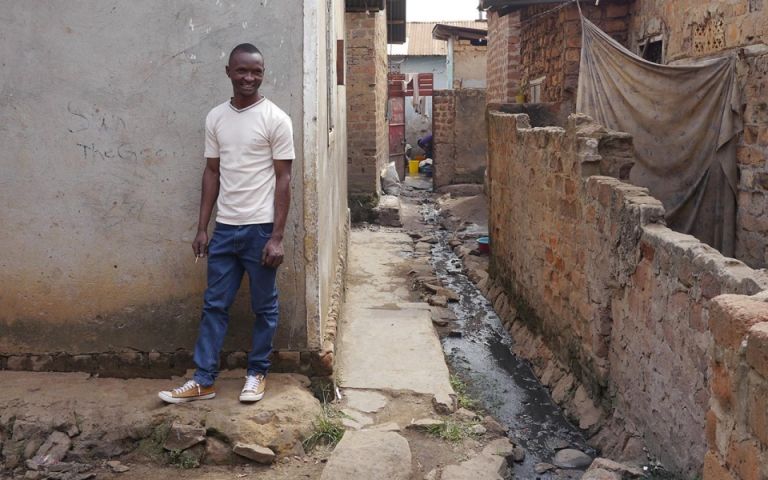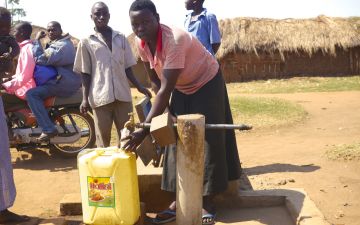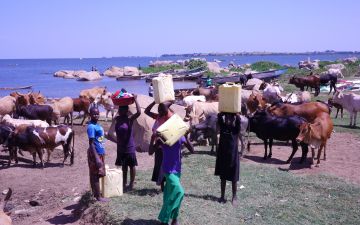Uganda is in a sanitation crisis, one that affects the country's health in the most fundamental ways. One consequence is that thousands of people suffer from schistosomiasis, a neglected disease that affects the poor. It is directly related to Uganda's poor sanitation — about two-thirds of the populace does not have access to improved sanitation facilities.
Professor Alan Fenwick, a leading researcher, believes that schistosomiasis "will disappear from this planet when every one has access to water and sanitation." Fenwick runs the Schistosomiasis Control Initiative, which has worked in Uganda for 13 years. The SCI is based in Imperial College London — the program has been voted one of the most effective charities in the world. Now SCI is working with the government and taking a new approach, with intensive treatment for two or three years to try to reach elimination.
Meanwhile, international aid agencies and development banks are working with government to expand the sewer systems, while NGOs are working with local entrepreneurs as well as international companies to find ways to make the existing pit latrines safe and sanitary.







